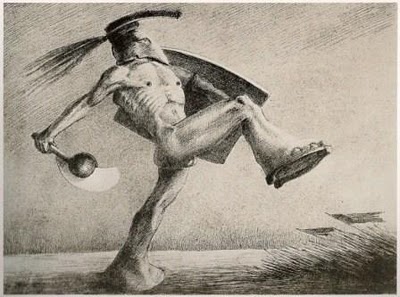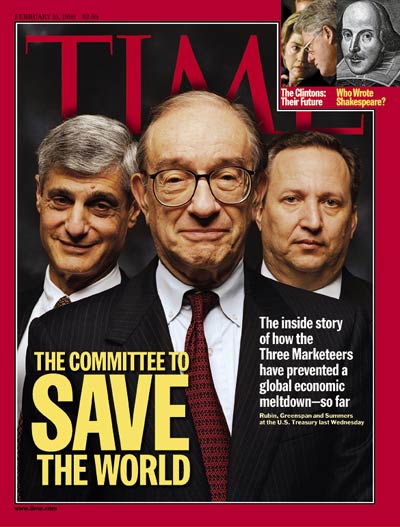The Fourth Dimension
(Translated from the French by Tom Sunic.)
Modernity successfully gave birth to three major competing political doctrines; liberalism in the eighteenth century, socialism in the nineteenth century and fascism in the twentieth century. Being the last in line, fascism was also the one that disappeared most rapidly. However, the breakdown of the Soviet system has not brought to a halt socialist aspirations and even less so the ideas of communism. Liberalism, for its part, seems to be the biggest winner in this competition. In any case the principles of liberalism, spearheaded by the ideology of human rights, and thriving now within the New Class all over the globe, are today the most widespread within the framework of the process of globalization.
None of these doctrines are totally wrong. Each one of them contains some elements of truth. Let us have a rapid look at this panorama. What needs to be retained from liberalism is the following; the idea of freedom accompanied by the sense of responsibility; the rejection of rigid determinism; the importance of the notion of autonomy; the critique of statism; a certain tendency towards republicanism, anti-Jacobinism and anti-centralism. What needs to be rejected is: possessive individualism; the focus on the anthropological concept of the producer vs. consumer in which everybody searches for his best interest; the principles based on what Adam Smith called “the gift for peddling,” that is, the inclination for tradeoffs; the ideology of progress, the bourgeois spirit, the primacy of utilitarian and mercantile values; the paradigm of the market — in short, capitalism. Read more










